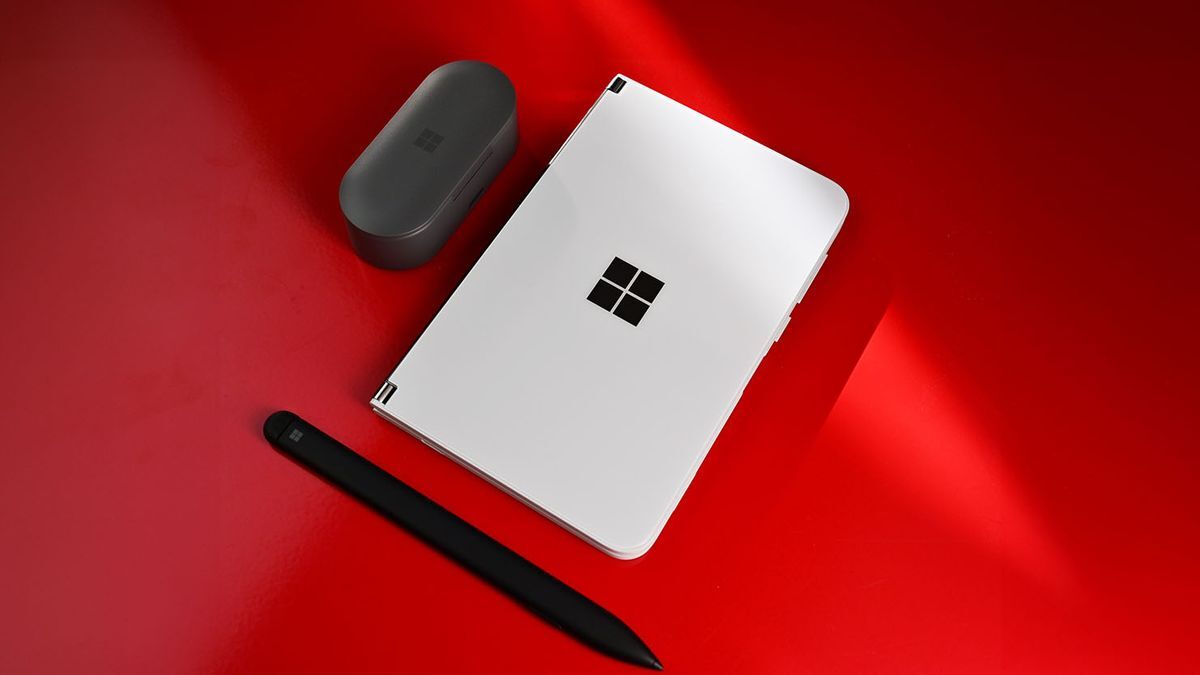cross-posted from: https://kbin.social/m/technology@lemmy.world/t/445850
Microsoft is done supporting the original Surface Duo, three years after it first launched on September 10. The company has stated from the very start that the Surface Duo would receive just three years of OS updates, meaning today is the last day that Microsoft has to stay true to its word.
Going forward, Microsoft will no longer ship new OS updates or security patches for the original Surface Duo, meaning Android 12L is the last version of the OS it will ever officially receive. Surface Duo only ever got two major OS updates, one shy of the average three that most high-end flagship Android devices get these days.
Like I said before, I will never stop making fun of the Juicero of Android phones.



New Google Pixel devices have 5 years of Android version and security updates. And as someone else said, if updates end the hardware will usually continue to work if you take good care of it.
I have old Acer, Asus, HP and Toshiba laptops that still work despite being out of warranty and some are over a decade old, and I’m about to get my hands on a Thinkpad T480 that I’m hoping to upgrade to keep it for another few years.
The issue is mainly the apps. For the old laptops I mentioned for example, they have only two cores, and modern stuff like background removal in video-conferencing or playing some Netflix movie will bring their CPUs to their knees. Apps became extremely demanding without us noticing.
Same thing on phones. Frameworks based on web technologies, requiring something like Chromium WebView, are appealing to app developers because they’re extremely convenient as they help them create shiny UIs with cool effects with a few lines of code while benefiting from portability (ie the app will usually be cross-platform and work on an iPhone too). The only issue is that is usually much more demanding than a native Android app. So this trend gives us the impression that phones become slower, that manufacturers are playing some tricks on us and that we need to upgrade, whereas it’s much more complicated than that.
Dual cores can be fine if they have the necessary support for the features that the software asks for, like h.264 decoding for video calls. I worked in a charity that gave out repurporsed laptops for vulnerable communities and an 8th Gen Intel works really well for office work. Heck Zoom requests an 8th gen for said background removal.